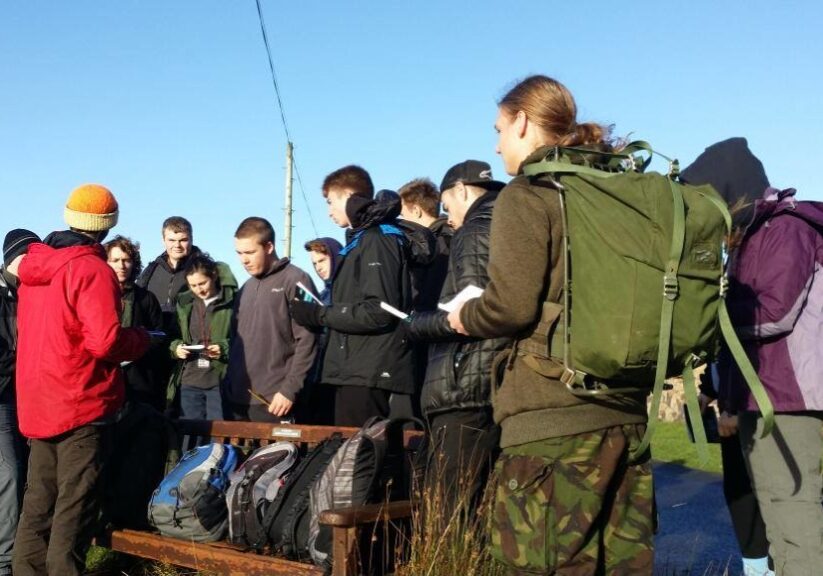Why Study Environmental Science?
Environmental Science covers a range of topics that are relevant to all aspects of our day to day lives and also very current in the media. Issues such as plastic in the oceans, the energy mix debate, fracking and the population decline of over 60% of global mammal species are all covered in the study of Environmental Science. Environmental Science incorporates both physical and biological sciences and applies these fields to the understanding of environmental problems; so an interest in
biology, geography and chemistry would be a benefit to students looking at the study of Environmental Science.
We follow the AQA specification which involves the study of six dynamic and relevant subject areas; these include the physical environment, conservation, pollution and biological resources. Throughout the study of these topics, students of Environmental Science have a range of field and laboratory opportunities built into the course making this an interdisciplinary subject.
Why study Environmental Science at Worcester Sixth Form College?
Environmental Science is taught by subject specialists in a dedicated laboratory. The department prides itself on having engaging lessons and providing a range of visits and opportunities for field work. We conduct experiments both in the lab and on our extensive site but also take students further afield to conduct more complex biological studies.
Students have opportunities to look at the DNA of the protected Great Crested Newt using PCR experiments in addition to hands-on mammal sampling. Students will visit a number of conservation initiatives locally but we also aim to take students on optional voluntary conservation expeditions to biologically diverse locations such as Costa Rica.
We have good links with the School of Science & the Environment at the University of Worcester to ensure students have effective links with higher education and employers.
Progression Opportunities
There are 63 universities offering 237 courses between them relating to Environmental Science. Environmental Science is a growing and increasingly important field of study as humans realise the impacts of their activities and look to environmental scientists to find solutions to issues arising.
Environmental Science is a degree in its own right, however many students go on to study related courses such as Oceanography, Environmental Hazard Management, Molecular Biology and Ecology. Some of our students decide to take a more practical approach with increasing number of environmental-related apprenticeships such as a
Higher Apprenticeship in Environmental Engineering.

Jack Mitchell

Course Specifics / Entry Requirements
| Qualification Name | Maths GCSE Req. | English GCSE Req. | Other Req. | Desirable Qualifications | Skills & Attributes Required for Success | Guidance on Costs or Commitments |
|---|---|---|---|---|---|---|
| Environmental Science | 5 | 4 | GCSE in a Science at Grade 5 or above. | GCSE Geography at grade 5 or above if studied. | An interest in the natural environment. Enjoyment/ willingness to complete practical experiments. A willingness to work out in the field. | Approx. £50 to cover the cost of 2 compulsory days in the field over two years. Optional conservation trip to Costa Rica. |
Related Courses / Activities

Duke of Edinburgh

Biology A Level

Chemistry A Level

Classical Civilisation A Level

Geography A Level



